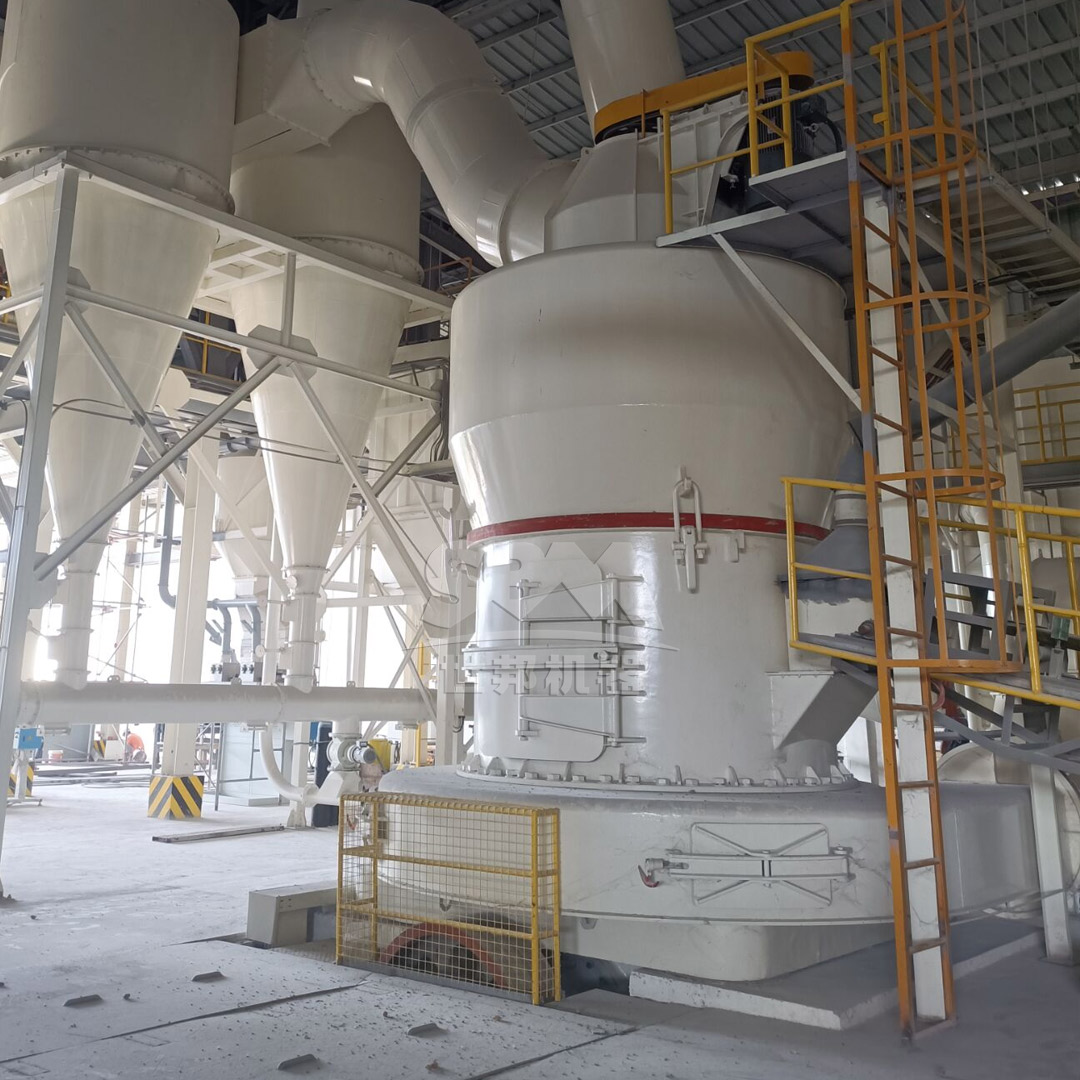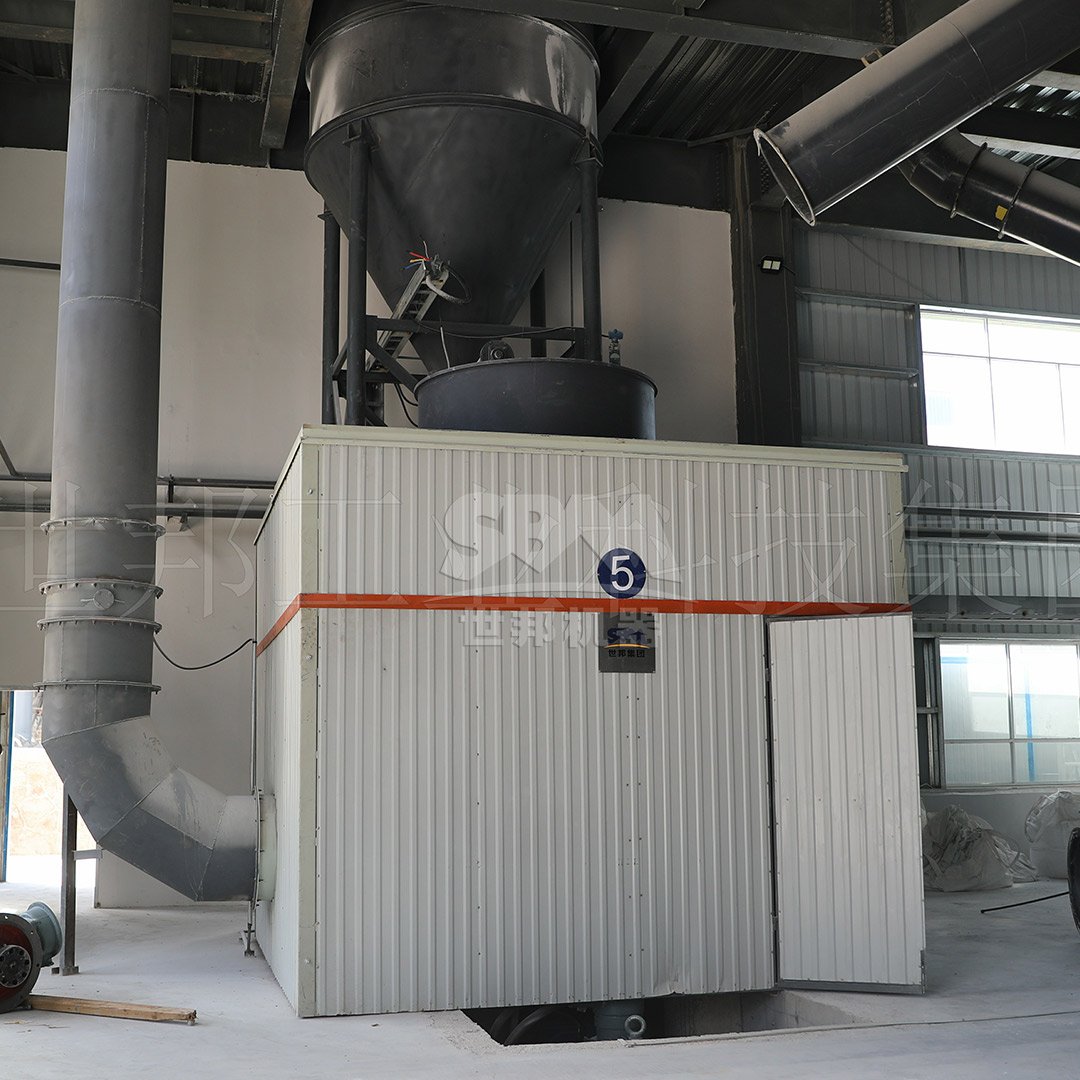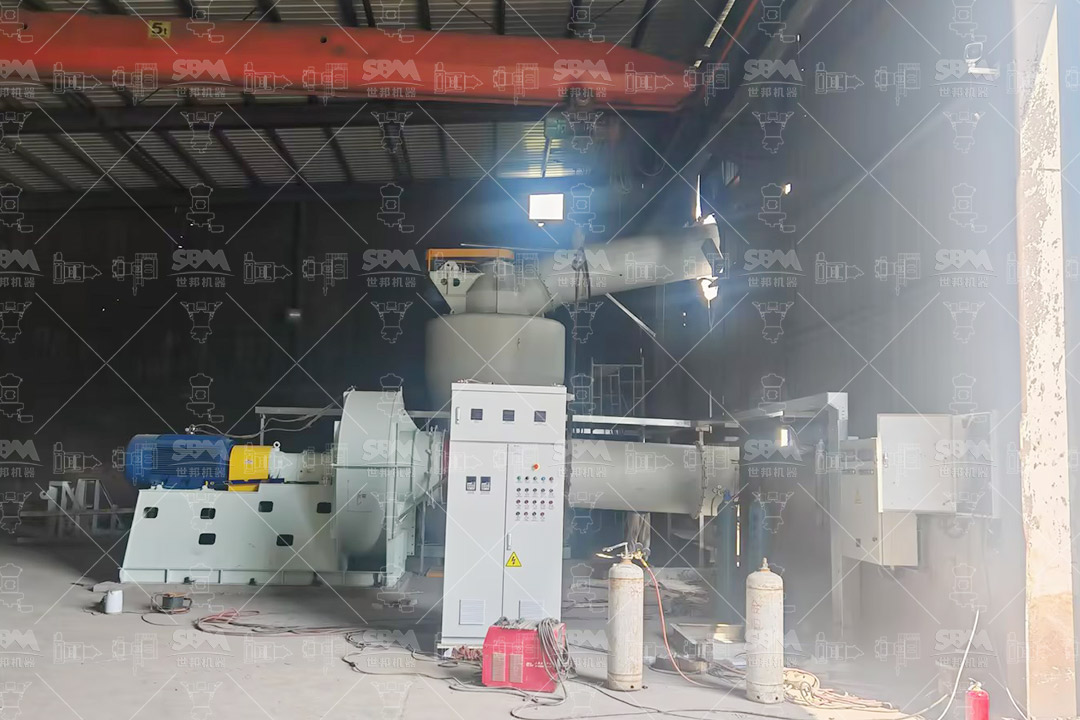The production of high-performance filter media requires precise control over particle size distribution and morphology to achieve optimal filtration efficiency, permeability, and mechanical strength. Kaolin, a naturally occurring clay mineral, has emerged as a critical raw material in this sector due to its unique platelet structure, chemical inertness, and excellent forming characteristics. However, transforming raw kaolin into the ultra-fine, narrowly distributed powders necessary for advanced filter media demands grinding technology of exceptional precision and reliability. This article explores the technical requirements for kaolin processing in filter media applications and introduces advanced milling solutions that deliver superior performance.
High-performance filter media place stringent demands on kaolin powder characteristics. The ideal material should exhibit:
Conventional grinding methods often fail to meet these requirements due to limitations in precision, contamination risks, or inability to preserve particle morphology. Advanced milling technologies specifically designed for ultra-fine processing offer solutions to these challenges.

For filter media applications requiring the finest particle sizes and tightest distribution control, the SCM Ultrafine Mill represents the pinnacle of grinding technology. This system is specifically engineered to process kaolin to D97 values as fine as 5μm (2500 mesh) while maintaining the critical platelet structure essential for filtration performance.
The SCM Ultrafine Mill incorporates several advanced features that make it particularly suitable for high-value filter media applications:
| Model | Processing Capacity (ton/h) | Main Motor Power (kW) | Output Fineness (mesh) | Recommended Application |
|---|---|---|---|---|
| SCM800 | 0.5-4.5 | 75 | 325-2500 | Pilot scale & specialty media |
| SCM1000 | 1.0-8.5 | 132 | 325-2500 | Small to medium production |
| SCM1250 | 2.5-14 | 185 | 325-2500 | Medium scale filter media |
| SCM1680 | 5.0-25 | 315 | 325-2500 | Large scale industrial production |
The SCM series represents our flagship solution for premium filter media applications where particle size control down to the micron level is critical. The system’s ability to maintain kaolin’s platelet structure while achieving ultra-fine sizes makes it particularly valuable for high-efficiency depth filtration media.

For filter media applications requiring particle sizes in the 30-325 mesh range (600-45μm), the MTW Series Trapezium Mill offers an optimal balance of production efficiency, product quality, and operational economy. This system is particularly well-suited for water filtration media, industrial process filters, and pre-coat applications where controlled permeability and cake release characteristics are paramount.
The MTW Series incorporates several innovations that benefit filter media production:
| Model | Processing Capacity (ton/h) | Main Motor Power (kW) | Output Fineness (mesh) | Typical Filter Media Application |
|---|---|---|---|---|
| MTW110 | 3-9 | 55 | 30-325 | Municipal water filter media |
| MTW138Z | 6-17 | 90 | 30-325 | Industrial process filters |
| MTW175G | 9.5-25 | 160 | 30-325 | Large scale media production |
| MTW215G | 15-45 | 280 | 30-325 | High-volume industrial applications |
The MTW Series demonstrates exceptional versatility for filter media manufacturers requiring consistent product quality across a range of particle sizes. The system’s robust construction and efficient operation make it ideal for continuous production environments where reliability and minimal downtime are critical.
Successful filter media production requires more than just achieving target particle sizes. The processing methodology must preserve the inherent properties of kaolin that make it valuable for filtration applications. Both the SCM Ultrafine Mill and MTW Series Trapezium Mill employ working principles specifically designed to protect material characteristics.
The grinding mechanisms in both systems prioritize preservation of kaolin’s platelet structure:
Both systems feature advanced classification technology that ensures precise particle size control:

Selecting the appropriate grinding technology for filter media production involves careful consideration of both capital investment and operational economics. The advanced features of both the SCM Ultrafine Mill and MTW Series Trapezium Mill deliver significant economic advantages throughout the equipment lifecycle.
Both systems demonstrate superior operational economics compared to conventional grinding technologies:
When evaluating grinding systems for filter media production, manufacturers should consider the complete cost picture:
Modern filter media production must address increasingly stringent environmental regulations while maintaining production efficiency. Both the SCM and MTW series incorporate advanced environmental protection features that exceed international standards.
The integrated environmental systems ensure compliance with global standards:
The production of high-performance filter media from kaolin requires grinding technology that balances precision, efficiency, and material preservation. The SCM Ultrafine Mill and MTW Series Trapezium Mill represent two distinct but complementary solutions for this demanding application. For ultra-fine applications requiring particle sizes down to 5μm with exceptional distribution control, the SCM series offers unparalleled performance. For standard filter media in the 45-600μm range, the MTW series provides outstanding efficiency and reliability. Both systems incorporate the advanced features, environmental compliance, and operational economics necessary for competitive filter media production in today’s global market. By selecting the appropriate technology for their specific requirements, manufacturers can achieve superior product quality while optimizing their production economics.